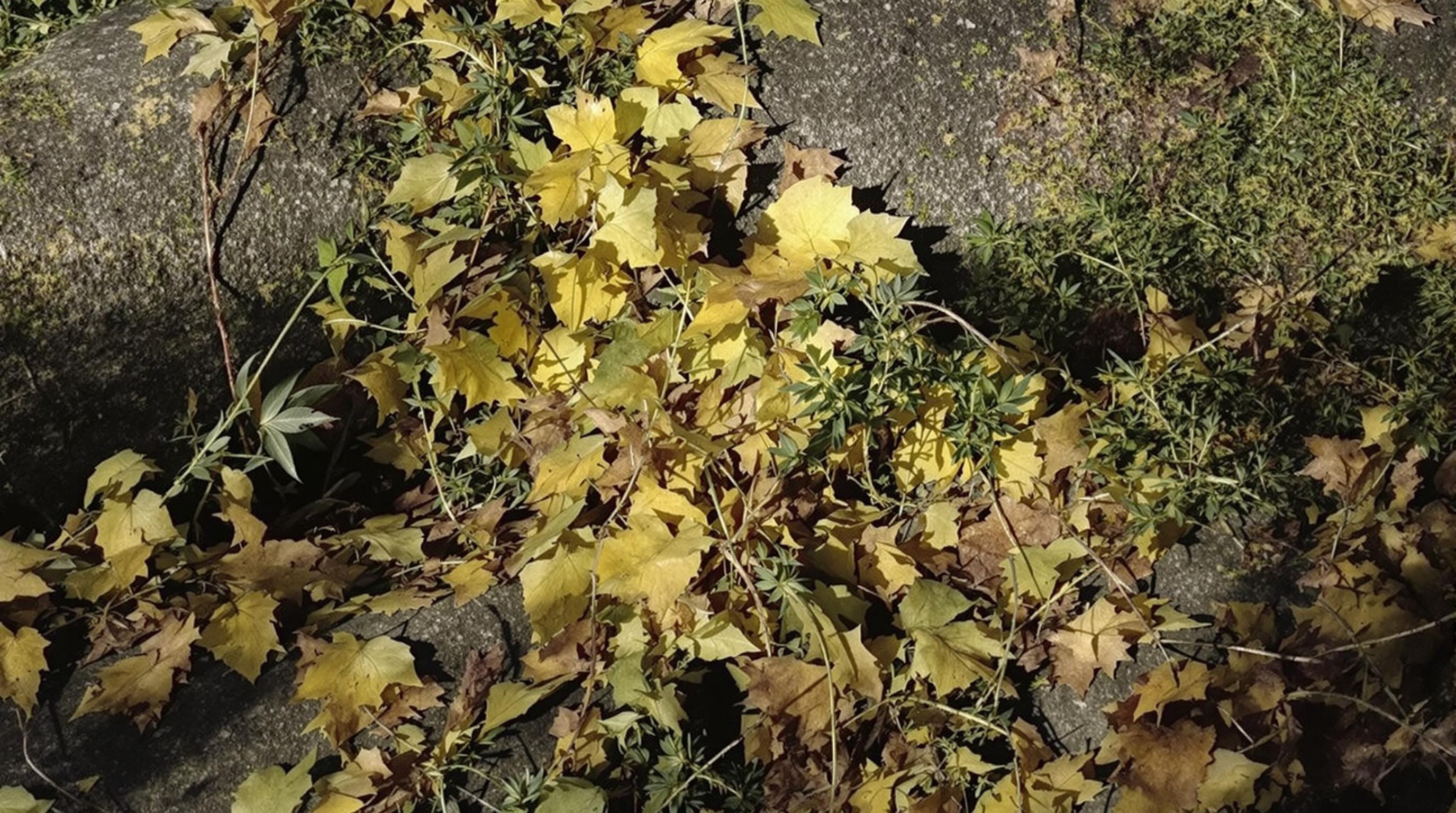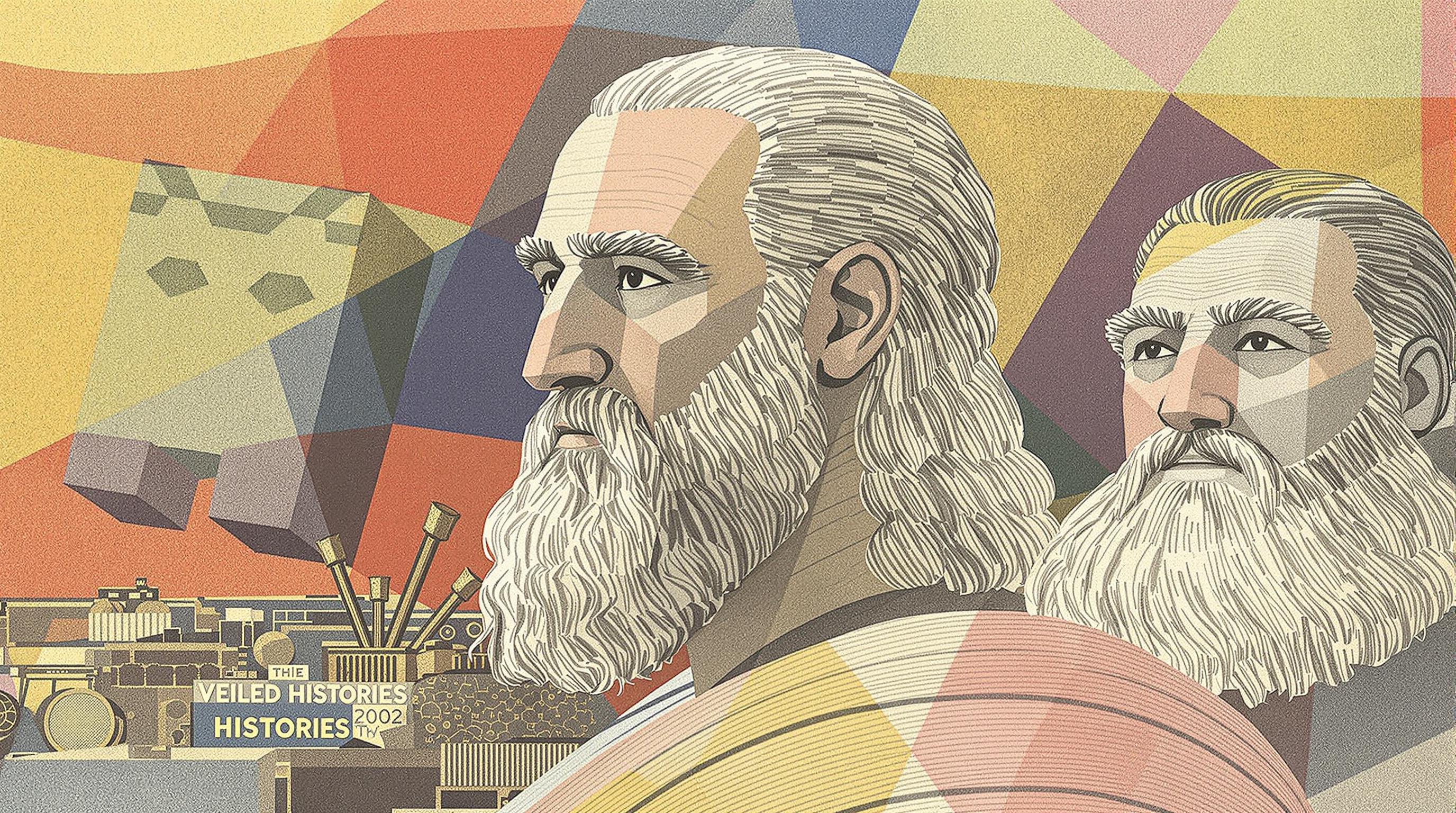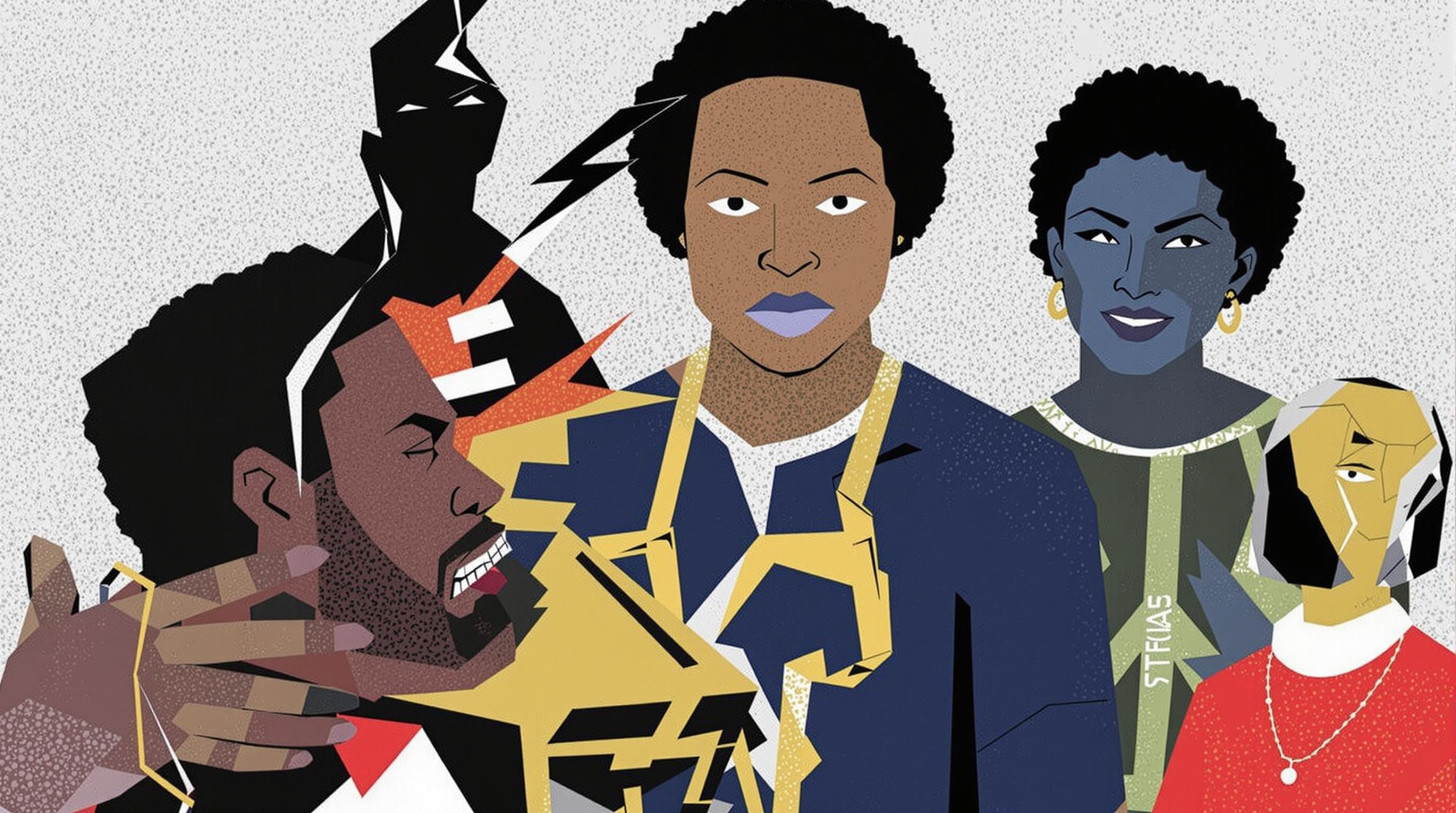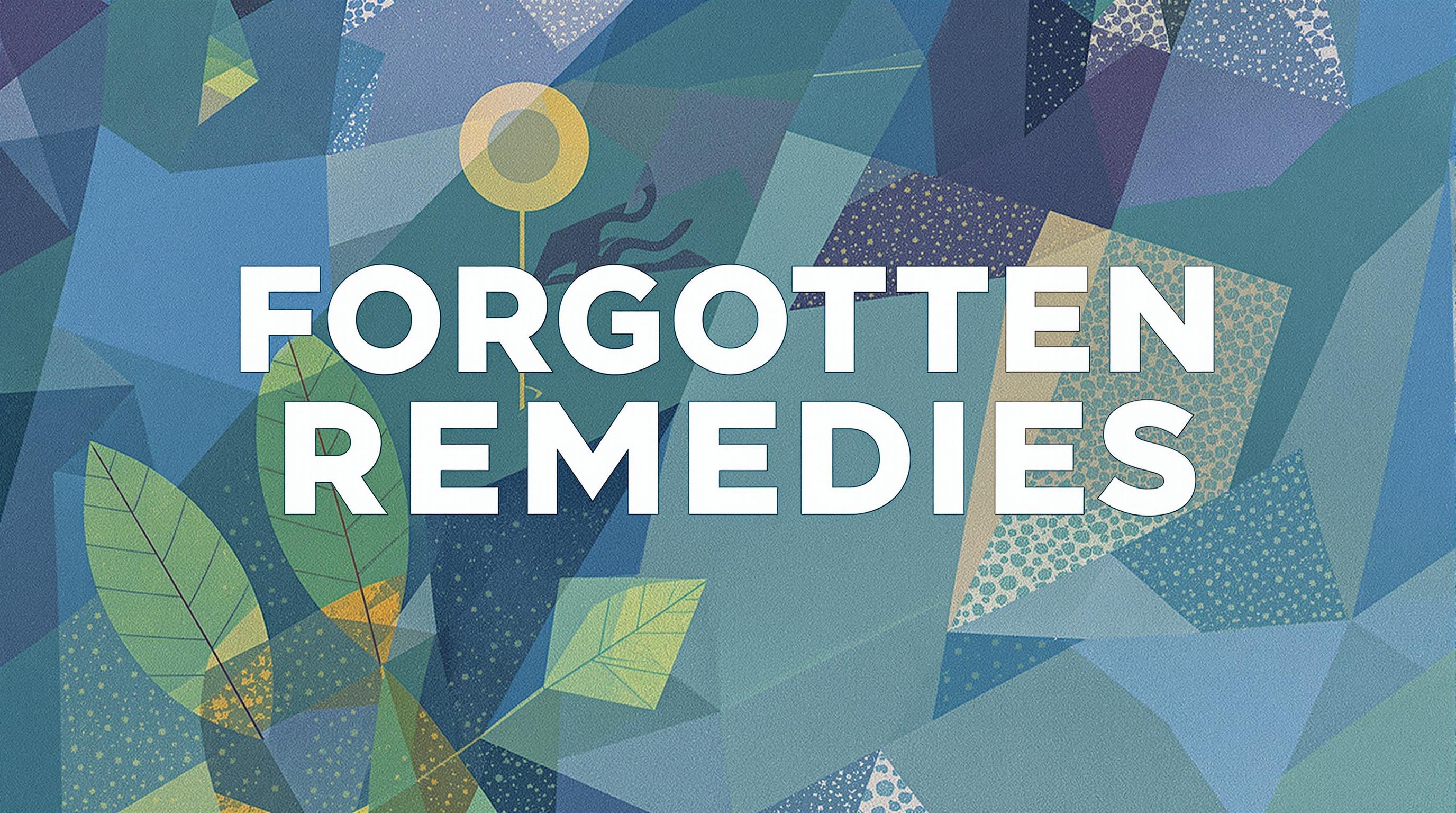Related Articles
- Reviving Ancestral Wisdom: How Outdated Superstitions Can Shape Contemporary Mental Health Practices
- Veiled Histories: How Little-Known Figures from the Past Can Transform Contemporary Leadership Approaches
- The Art of Disruption: How Past Rebellions Shape Today's Entrepreneurial Spirit
- Lost in Translation: The Surprising Role of Language in the Evolution and Misunderstanding of Global Currency
- Currency as a Canvas: Exploring the Intersection of Politics, Propaganda, and Artistic Expression in Monetary Design
- Unmasking the Shadows: How Currency Forgers Shaped Financial Trust and Safety Through the Ages
Reviving Ancestral Wisdom: How Outdated Superstitions Can Shape Contemporary Mental Health Practices
Reviving Ancestral Wisdom: How Outdated Superstitions Can Shape Contemporary Mental Health Practices
In our fast-paced, modern world, many are rediscovering the relevance of ancient superstitions and practices in current mental health strategies. This article explores how long-standing beliefs can inform contemporary therapeutic techniques, offering a unique blend of tradition and modernity that enriches our understanding of mental wellbeing.
An Ancient Approach to the Modern Mind
When we think of mental health in the 21st century, we often picture the sterile environment of a therapist’s office, filled with textbooks, charts, and the sound of therapeutic biorhythms. However, what if we told you that the keys to mental wellness could often be found in the dusty corners of our cultural heritage? Psychology may have evolved, but the roots of emotional processing run deep into the traditions and customs of our ancestors.
A Curious Case of Rituals
Take, for instance, the notion of rituals. Whether it’s lighting a candle, saying affirmations, or even engaging in specific practices that might seem outdated—these behaviors can help ground individuals. A study by Dr. Barbara L. Fredrickson (2013) found that positive emotions, often cultivated through rituals, can lead to improved mental wellness and resilience. Repeated activities can create a sense of predictability and comfort, which is especially soothing during periods of anxiety.
Superstitions in Everyday Life
Let’s dive into the lighter side before we get too serious. Have you ever avoided walking under a ladder or carried a lucky rabbit's foot? You might chuckle at the thought, but these quirky habits are a part of human behavior that stems from a desire for control over the unpredictable chaos of life. Interestingly, a 2020 survey showed that about 70% of people believe in at least one superstition. Among Gen Z, this number has increased, suggesting that perhaps the youth are seeking solace in age-old beliefs amidst a world that often feels tumultuous (Smith, 2020).
Building Resilience Through Culture
One of the most relevant aspects of ancestral wisdom is the concept of resilience. Cultures around the world have developed unique methods for overcoming adversity. For example, Indigenous tribes in the Americas often utilize storytelling as a means to process grief and trauma. In a case study by Dr. Kameelah Rasheed (2018), storytelling not only imparted lessons but also fostered communal healing, illustrating how narratives can hold significant transformative power. This approach resonates today, as narrative therapy is gaining traction in therapeutic settings, reinforcing the important connection between past and present.
Mindfulness: A Forgotten Tradition
Mindfulness, a hot topic in today's mental health discourse, has ancient roots. The practice of being present can be traced back thousands of years in several cultures, especially within Buddhism. While Western understanding often presents mindfulness as a novel concept, researchers like Dr. Jon Kabat-Zinn have successfully integrated these ancient practices into modern therapeutic contexts, leading to the development of Mindfulness-Based Stress Reduction (MBSR). Interestingly, studies show that MBSR can reduce symptoms of anxiety and depression by as much as 30% in participants (Kabat-Zinn, 2011).
Why the Skepticism?
As intriguing as it is to consider this ancient wisdom, there still exists a substantial skepticism regarding the validity of superstitions in mental health. Many argue that relying on outdated beliefs can undermine professional therapy and evidence-based practices. While it is important to ground mental health interventions in empirical research, it's also crucial to recognize that not every healing strategy is quantifiable. Embracing a holistic view, where both the contemporary and the traditional coexist, could be the key to enhancing mental health treatment.
The Psychology of Superstitions
Let’s be real. Superstitions can seem a bit silly, right? But they often serve a psychological purpose. According to a study by the Journal of Behavioral Decision Making, engaging in superstitious behavior can actually enhance confidence and lower anxiety levels. In sports, for example, athletes may have pre-game rituals they adhere to without fail—think of a player refusing to change their lucky socks after a winning streak. The mere act of embracing these routines provides comfort and a sense of agency, allowing for improved performance and mental clarity.
The Science Behind Beliefs
Understanding the psychological mechanisms at play when people engage with superstitions helps illuminate their role in our mental health. Research by Professor Nira Liberman indicates that the act of believing in something—even if it seems irrational—can foster a sense of hope and resilience. In times of crisis, faith in something greater than oneself, be it a deity, the universe, or the power of superstition, can act as a buoy, helping individuals stay afloat.
A Case Study: The Power of Cultural Identity
In a notable case study, a community of immigrants began holding weekly gatherings where they shared their cultural traditions—food, stories, and yes, superstitions. Over time, participants reported a significant reduction in feelings of isolation and anxiety, showcasing how engaging with one’s cultural heritage acts as a catalyst for mental wellbeing. This is a powerful reminder that our backgrounds can fortify us in the face of adversity, blending the modern with timeless wisdom.
Lessons from Across the Globe
Perhaps you have heard of the concept of ‘ubuntu.’ An African philosophy, ubuntu emphasizes community and connection, with the underlying message that “I am because we are.” This idea can be profoundly healing. When individuals recognize that their mental wellness is intertwined with the wellbeing of others, it creates a web of support. A 2019 study published in the International Journal of Psychology found that communal beliefs and practices significantly improve mental health outcomes in collectivist societies.
The Future of Therapy
There’s no doubt that blending ancestral wisdom and modern therapeutic techniques might be a powerful path forward. As mental health practitioners begin to acknowledge the value of traditions, the clinical landscape is changing. By integrating approaches that resonate emotionally and culturally with clients, therapists can expand their toolkit beyond conventional methods, making healing more relatable and effective.
Call to Action: Embracing the Old and New
So what can you, as a reader seeking mental health support, take away from all of this? It's time to engage with both ancient wisdom and modern techniques. Ask your therapist about integrating some of these concepts into your journey. Really, who wouldn’t want a few good luck charms in their back pocket when navigating the complexities of life?
Final Thoughts: A Tapestry of Understanding
Ultimately, the intersection of superstitions and mental health practices can foster a richer understanding of our emotional selves. Embracing these age-old beliefs doesn’t imply abandoning scientific research; rather, it allows for a more comprehensive perspective on mental health that honors our diverse backgrounds. As we pave the way forward, let’s not forget to look back, grounding ourselves in the wisdom of those who came before us.
In a world where uncertainty prevails, perhaps it’s time to believe a little. Who knows? You might just find that a touch of superstition helps illuminate your path to emotional resilience.




